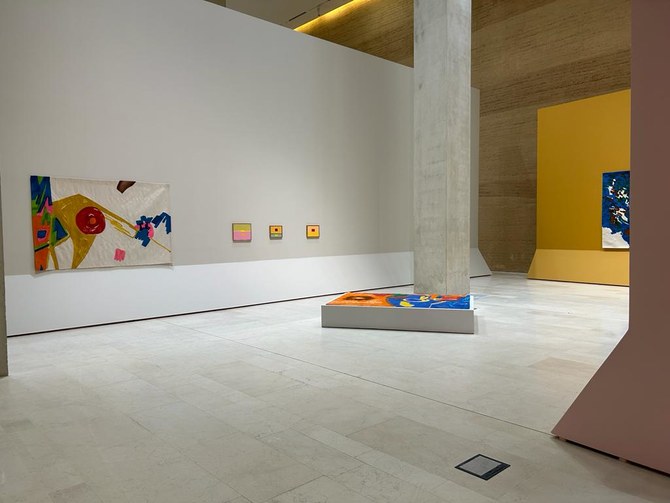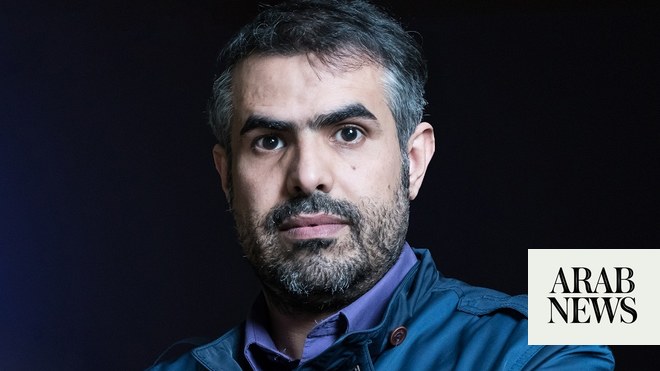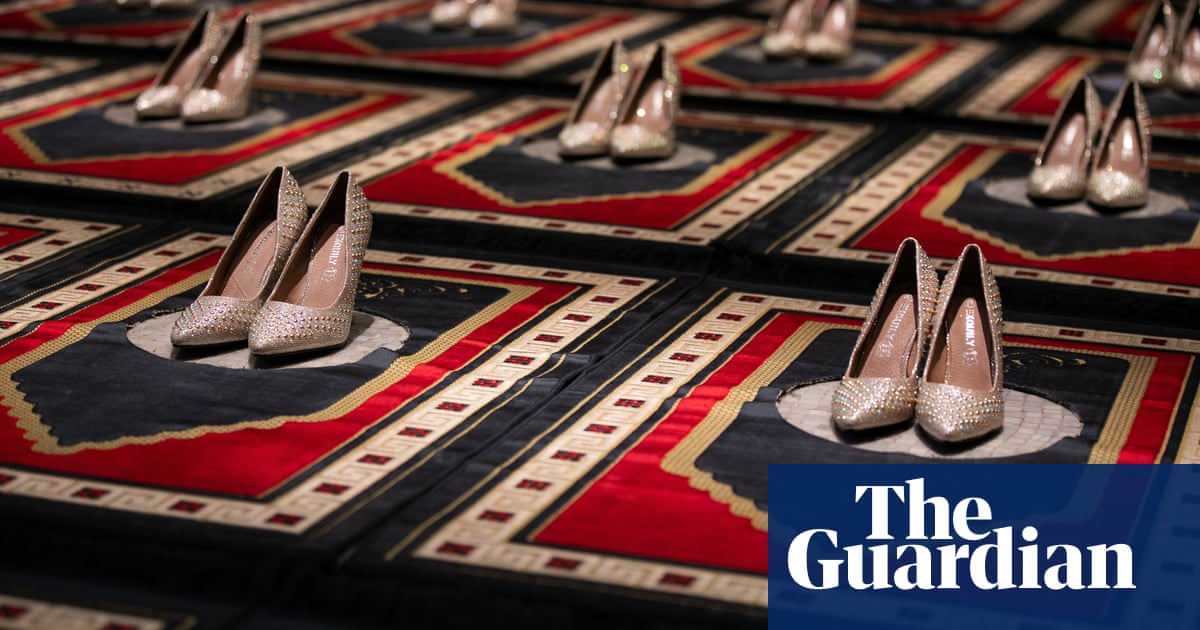
DUBAI: What do Vincent van Gogh and Etel Adnan have in common? The iconic Dutch artist was born in the Netherlands in 1853, Lebanese-American artist and writer Adnan was born in French-mandated Beirut 72 years later. He was temporarily a rural priest, she a cultural editor. His life ended at 37, whereas she started painting at 34.
This rare artistic duo is being explored in a new exhibition at Amsterdam’s Van Gogh Museum highlighting the storied career of Adnan, who died aged 96 in Paris in 2021. It’s the first time that a retrospective of hers has been showcased in the Netherlands.
“Color as Language” presents an impressive selection of 70 of Adnan’s artworks from private and public collections, dating from the 1960s onwards, along with 10 museum paintings by Van Gogh. It runs until September 4.
A philosopher at heart, Adnan continued to paint until her final days, creating a colorful inner world where shapes and colors intertwine, cultivating visually attractive, abstract landscapes on small canvases. The show emphasizes what inspired her most throughout her life: Nature.
In the mid-1950s, Adnan relocated to California, where she famously painted several compositions of Mount Tamalpais.
“One day, they asked me: ‘Who is the most important person that you ever met?’ and I said: ‘It was a mountain,’” Adnan once said. “I discovered that it’s never two minutes the same. When a cloud goes in front of the sun, it’s as if somebody put off a light, and everything changes. So, you realize that we are in a constant change, in turmoil. There is no total rest, not only for us, but for the world. Nature is constantly changing like we do.”
Van Gogh also expressed a deep love of nature, executed with his signature style of bold brushstrokes and thick contouring. Adnan first encountered his work while studying at the Sorbonne in Paris during the 1950s, and she was enthralled by his intense manner of painting, tapping into his hidden emotions.
“I think it touches people — there is something emotional about them, and I sense that when I look at a work by Van Gogh, but also when I look at a painting by Adnan,” the exhibition’s curator Sara Tas told Arab News. “If you really look at it and you let it sort of come in, it touches something within you.”
Tas met Adnan in 2020. “When she writes or when she talks, every word is spot on,” she recalled. “She’s not wasting anything. And I think that’s also what she’s doing with paintings. It’s very simple but everything is to the point.”
Adnan, who also wrote novels, poems, and plays, regarded Van Gogh as a man of words, known for his correspondence with family and friends.
“To a degree, Van Gogh writes on his canvas, he is writing a landscape,” observed Adnan. Van Gogh might have thought the same of Adnan, going by something he wrote in 1888: “One can speak poetry just by arranging colors well.”
Adnan believed that “colors make visible what the person is trying to say, but silently.” In her imaginative work, a mountain can be bright red or green, with patches of blue, pink, and yellow. She demonstrates color’s profound ability to enhance a natural setting, whether serene or turbulent.
Across the show’s two floors, there are a few instances where two landscapes by Van Gogh and Adnan are paired, highlighting a similar use of palette and layout. But by no means is this supposed to encourage comparison, Tas stresses. “I did not want to say, ‘Look how Etel Adnan was influenced by Van Gogh,’ because that would not do her justice,” she explained. “It is really her show, but with connections to Van Gogh, in the context of our museum.”
What also links the artists is the fact that both of them achieved popularity late in the game. Talented though she was, Adnan only became a household name in the art world in her eighties. Van Gogh, meanwhile, was famously undervalued while he was alive.
“For Van Gogh, making visual art was the main thing in his life. He felt like he needed to do it. It’s not like he was completely unknown — he was appreciated by many of his peers — but the fame came after his death,” said Tas.
“It’s (similar) with Etel. She was just working and she had a circle of friends around her. She sold paintings, but not on a big scale. It was only after her presentation at Documenta that the international art world really picked up on it. Suddenly, she got exhibitions in Qatar, Istanbul, Paris, New York, San Francisco… And now in Amsterdam.”












